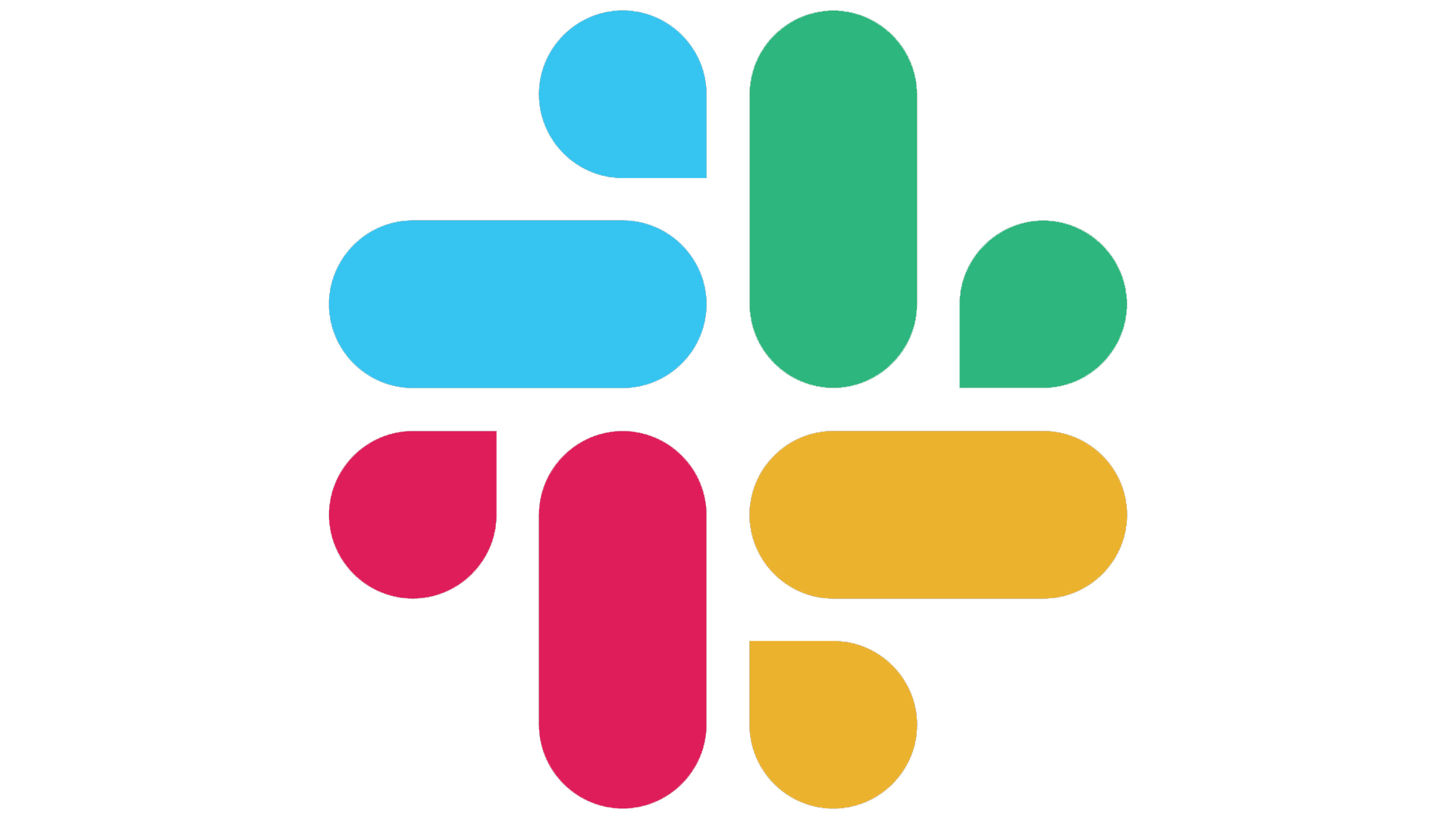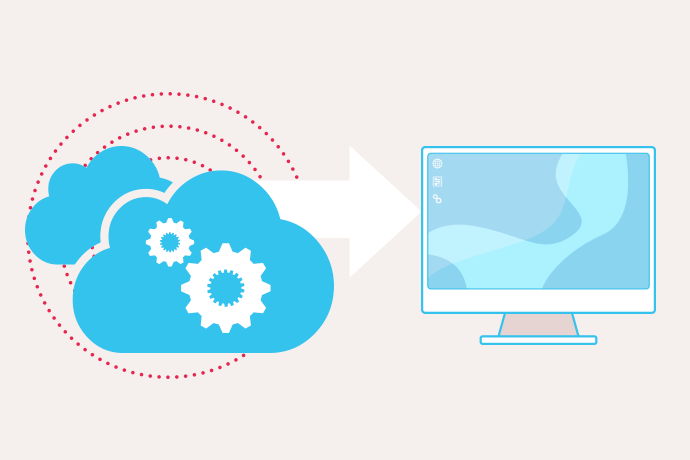Cart Total
$0.00
-
Your shopping cart is empty
Loading

Hello! Log in Your Account
New customer? Start here


|
8 min read
Contents
Quick Summary
Yay is a secure, encrypted alternative to Slack for businesses with a powerful phone system at its core, connecting businesses in ways Slack can't.
Data from TechCrunch shows that Slack’s paid user count was accelerating even before the pandemic, rising from 16,000 to 12,000,000 paid users in the five years from 2014 to 2019. Further data published by GP Bullhound projects over 47,000,000 active daily Slack users by 2025.
Other business communications solutions like Microsoft Teams, then, were not the only ones to benefit from the rise in remote and hybrid working brought on by the pandemic.
Much like Teams, though, Slack falls short of the mark in some areas that are essential to serious businesses. Telephony, in particular, is a sore spot for both Teams and Slack, as neither manages to deliver a viable phone system.
Businesses searching for a combined solution, covering both their internal collaboration and communication, plus their external communications with clients and customers, will be pleased to discover UCaaS (Unified Communications as a Service) solutions, which aim to unify all aspects of business communications.
There’s no denying Slack’s strengths as a collaboration platform.
First, Slack was arguably the first to successfully implement channel-based chats, allowing businesses customisation and flexibility in how they divide and conquer the myriad challenges facing them every day.
Second, boasting a wealth of integrations with business favourites including Atlassian and Zoom, Slack chose to diversify early, accepting that it wasn’t able to meet every single business need.
Third, as the workplace continues to evolve, with businesses opting more often to enrich their talent pool by hiring globally and encouraging remote work, solutions like Slack that help businesses adapt are becoming ever more valuable.
What’s more, given Slack’s wide adoption, newer features like Slack Connect that allow staff to collaborate with Slack users at other businesses make collaboration and external communications even easier.

As a collaboration platform, Slack blows most of its competitors away. When it comes to communication, though, it's missing one key piece of the puzzle.
However, while Slack accepted that it wasn’t able to meet every business need, disruptive startups were refusing to take no for an answer and, as a result, have arguably gone further and achieved more effective, comprehensive solutions.
For instance, scale-ups and enterprises need a true business phone system for voice calls, which Slack does not offer. The more forward-thinking of these phone system providers have begun offering their own internal communications solutions.
After all, when internal voice and video calls, plus a powerful phone system for fielding external calls, are the foundation of your business, you have a strong springboard off of which to launch logical extensions like secure text-chat, file sharing and integrations with other apps.
Moreover, while Slack adoption is widespread among businesses, is there any communications network as embraced as the internet and, alongside it, the public telephone network?
Like it or not, customer-facing businesses are expected to have a business phone number with real people on the other side of it, just as much as they’re expected to have a professional, responsive website. As much as Live Chat and enquiry forms might be used today, there is as yet no substitute for a professional phone system.
What’s more, the sophistication of your business’ telephony solution should at least match the complexity of your organisation. A professional caller experience might consist of a multi-levelled IVR menu, a different call queue for each department for if the lines are busy, customised queue notices (informing the caller of their position in said queue) and music-on-hold. That’s not to mention features that require access to voice data streams like call recording and call monitoring, both features that large businesses deem essential.
Finally, what good is it to tout your software as a solution for working from anywhere in a digital-first world when staff can’t make or take business calls professionally from wherever they are?

When it comes to calls with your clients and customers, Slack and its alternatives can't offer enterprises a viable solution.
As we’ll continue to argue, true alternatives to Slack will offer comparable features while filling in for the features that Slack is missing (telephony features, namely).
Most ‘alternatives’ to Slack are applications offering an imitation service for lower prices. Derived services like these fail to offer any true differentiation, making them valueless for businesses with greater priorities than cost savings.
Even capable alternatives like Microsoft Teams suffer from the same limitations when it comes to fielding external phone calls from customers and clients. This is in spite of the fact that Microsoft has attempted to offer a solution in the form of their Teams Phone System add-on licences. The truth is, Teams has frustrated large businesses with its expensive, restrictive calling plans and the lack of essential telephony features like global call recording and call monitoring.
This points to a hard truth: telephony is hard to get right. In fact, it’s perhaps the most difficult part of the collaboration/communication puzzle for providers to nail.
As a result, most collaboration applications sidestep the issue by offering native calls within the app with other app users, ignoring traditional telephony altogether, despite its being ubiquitous in business.
To integrate with the public switched telephone network (PSTN) is to elevate a collaboration and communications app beyond the norm and into a truly unified solution.
That’s why opting for a solution that is, at its core, a powerful phone system, represents most businesses’ strongest bet for arriving at a solution that provides the full suite of collaboration and communication functionality they need.

Distributed teams need solutions that enable them to perform all aspects of their job from wherever they are. Enter UCaaS.
The best Slack alternatives, then, will offer enterprise-grade telephony features while maintaining all the key advantages of Slack.
That means:
Plus, of course, the means to work effectively from anywhere by dissolving the barriers a lack of shared office space can conjure into the midst of remote teams.
If the best alternatives to Slack are to not just compete but to go further and add a viable telephony solution, UCaaS is the obvious choice.
UCaaS (Unified Communications as a Service) providers aim to offer businesses a single pane of glass solution for all their collaborative and communicative needs, both internally and externally. That means calls with customers and clients, as well as ways for colleagues to share ideas and see strategies through.
To be clear, this does not describe Slack.
Slack’s lack of a viable phone system precludes it, inherently, from being a UCaaS solution. Internal collaboration? Most definitely. External communication? Maybe. A professional caller experience? Definitely not.
As we’ve stressed already, this doesn’t mean Slack isn’t a great product, but UCaaS goes above and beyond with business phone numbers, dynamic caller ID and a host of other features in addition to meeting the base collaborative requirements.
You can’t call a number on your phone and have it ring through to Slack - at least not with a professional caller experience that leaves customers feeling valued.
What’s more, UCaaS scales up and across businesses, giving yours the means to add or subtract users, phone lines, phone numbers and features while facilitating all your team’s collaborative efforts. Most businesses will combine Slack with one or more other communications solutions, but the best UCaaS platforms won’t make you do that since they really do take care of it all.
Therefore, when it comes to business collaboration and communication, UCaaS solutions are the only true option for serious businesses that are customer-facing.
Businesses looking for a secure alternative to Slack need look no further than our service.
Yay offers all of the business phone system features your business needs to thrive in a work-from-anywhere world. This includes secure, end-to-end encrypted text-based chat and file sharing, a powerful phone system empowering even non-technical staff to create a stellar caller experience, and cost-effective calling plans with unlimited minutes to the UK and 54 countries.
Our business chat feature keeps up with the competition, enabling cross-collaboration with other businesses using our platform, with the added benefit of opening up your business to the rest of the world.
With modern, intuitive video calling and omnichannel features on their way in 2022, Yay is a secure alternative to Slack to unify your business communications and bring even distributed teams closer together.


Explore the benefits of modern Software as a Service subscriptions and see how they can offer added flexibility and scalability for businesses.
Posted December 13 2023 | 3 min
How to send messages in the Yay mobile app
Posted December 21 2022 | 1 min

This guide to working remotely aims to prep distributed teams to deal with the unique challenges and opportunities that flexible and remote work present.
Posted May 12 2022 | 27 min

Poor business communications can cost your business in more ways than you think. We discuss the data and the possible solutions.
Posted February 25 2022 | 7 min

Hybrid working is a model that sees staff working from the office on some days and from home on others. Learn how to tackle the inherent challenges
Posted November 2 2021 | 5 min

The best managers will support and reward team members, even when working remotely. Here are 5 actionable tips for how to get the most out of your remote teams.
Posted August 26 2021 | 5 min

While some businesses will only need the voice services of a strong VoIP platform, others will need more from their communications solution...
Posted June 24 2021 | 5 min

Your UCaaS platform makes up the infrastructure you use to speak to customers and to collaborate internally. Choosing the right provider is important. Here's what to look out for.
Posted March 18 2021 | 8 min

Unified Communications services make it easy for your staff to work remotely and flexibly by providing a stable hub for all your business communications
Posted February 10 2021 | 5 min

How do Hosted VoIP platforms and Unified Communications as a Service solutions differ? And which is more appropriate for your business?
Revised January 15 2021 | 9 min

With an effective unified communications solution for your business, you can keep ideas and insights flowing, even when working remotely.
Posted January 8 2021 | 4 min

Boost business efficiency by making the most of our unified communications solution, combining instant messaging for business with our VoIP phone system
Posted January 7 2021 | 4 min